Home > Opinion > The Political Gamble: Enugu's Decamping ...
The Political Gamble: Enugu's Decamping Fever and the Danger of Misplaced Alignment
By AnchorNews | 10 Oct, 2025 08:09:19am | 414
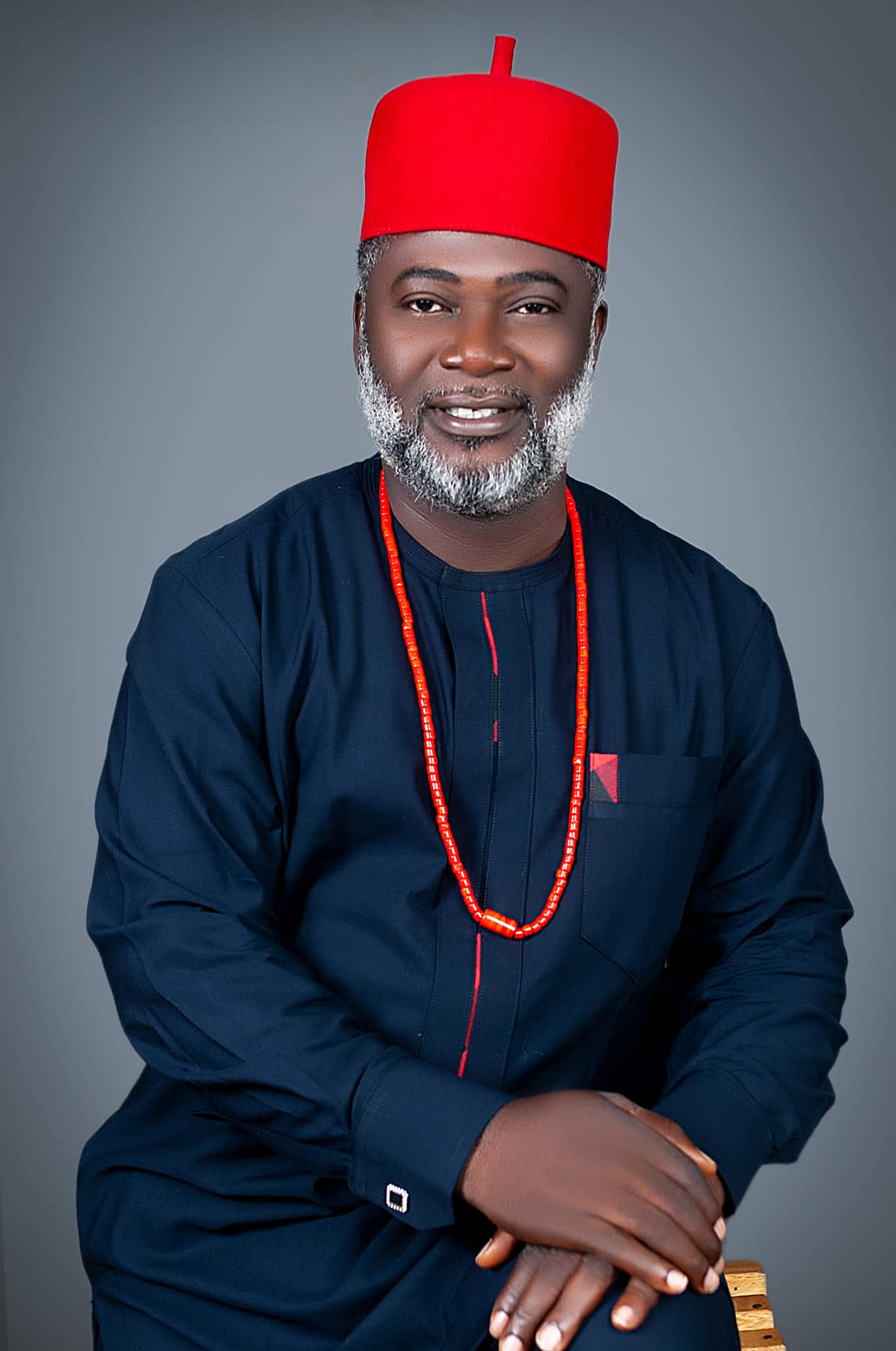
Why the rush to the ruling APC may backfire for Governor Mbah and others who won under the Labour Party in 2023
By Sam Ejiofor Ugwoke
The political atmosphere in Enugu State is heating up once again, this time not because of elections, but due to an intense wave of defections shaking the political class to its core. Rumours of Governor Peter Ndubisi Mbah’s imminent move from the Peoples Democratic Party (PDP) to the All Progressives Congress (APC) have sent ripples across the state’s political landscape. If the whispers are true, the governor plans to collapse his entire PDP structure into the APC- a move that could alter Enugu’s political trajectory for years to come.
Yet beyond the headlines and intrigue lies a more dangerous undercurrent- the culture of political migration without ideology, and the inimical consequences awaiting those who assume that joining the ruling party automatically guarantees political survival.
To understand the unfolding scenario, one must look back at the 2023 general elections, a defining moment in Nigeria’s political history. That year, the “Obidient” movement swept across the Southeast, toppling political dynasties and exposing the fragility of long-entrenched power structures. The Labour Party (LP), buoyed by the credibility and charisma of Mr. Peter Obi, became a vessel of voter protest and youthful idealism. In Enugu State, many candidates who could barely win their polling units under normal circumstances rode that national wave to surprising victories- some into the State House of Assembly, others into the National Assembly.
However, as the political winds shift toward 2027, many of those same beneficiaries of the LP’s popularity are now abandoning the platform that gave them life and defecting to the ruling APC. Their justification is predictable - “alignment with the federal government” or “strategic partnership for development.” But behind these polished statements lies a deeper fear‐ the fear of political irrelevance.
Unfortunately, that calculation is deeply flawed. Most of these defectors have no organic political structures, no grassroots roots, and no enduring popularity. Their victories in 2023 were not products of personal strength or political genius; they were the outcome of a national sentiment against the old order. To assume that joining the APC guarantees them a return ticket in 2027 is to mistake proximity for permanence.
The APC in Enugu State is not a political void waiting for new occupants. It is a party with loyalists who have toiled through years of rejection and opposition politics. These are people who stood firm when the APC was a political taboo in the Southeast. It would be naïve for recent defectors, no matter how lofty their titles, to think they can simply stroll in and take over the structure built by others through years of dedication and sacrifice.
The truth is, political history across Nigeria is replete with examples of defectors who sought protection in ruling parties but ended up stranded. They were welcomed publicly for optics but later sidelined during primaries or denied tickets altogether. When that happens, they are left without a base, a platform, or a home- neither accepted by their new hosts nor trusted by their old allies.
If Governor Mbah truly proceeds with his rumoured defection, the consequences could be even more far-reaching. His emergence in 2023 was anchored on the PDP’s deep-rooted structure, one built over decades of loyalty and trust. Collapsing that structure into the APC could create internal disillusionment and confusion among grassroots supporters who may not be willing to follow him into a new political camp.
More critically, such a move risks eroding Enugu’s long-standing tradition of political plurality. A functional democracy thrives on the strength of opposition- on the ability of citizens to choose between competing visions of governance. When everyone flocks to the ruling party for convenience, democracy suffers. Accountability fades, governance becomes one-dimensional, and the people’s voices are drowned in political uniformity.
Governor Mbah, to his credit, has displayed a commendable sense of vision in areas such as infrastructure renewal, digital governance, and economic reform. Yet, he must tread carefully not to exchange political stability for short-term advantage. Aligning with the federal government may open certain doors, but it could also close the hearts of the same people who stood by him when it mattered most.
The same electorate that defied godfathers in 2023 remains vigilant and politically conscious. Their loyalty now lies not with party symbols but with performance, accessibility, and integrity. The lawmaker or governor who decamps without tangible achievements to show will face an even harsher verdict in 2027.
In the final analysis, the current wave of defections sweeping through Enugu is less about ideology and more about insecurity- a frantic scramble for political refuge. Yet, as history often reminds us, those who trade conviction for convenience may soon find themselves homeless in both camps.
Enugu’s political class must remember: power belongs to the people. The 2023 elections proved that clearly. And as 2027 approaches, those who mistake federal alignment for grassroots acceptance may soon discover that political survival is not about where you stand, but who still stands with you.
Sam Ejiofor Ugwoke is a Political Commentator, Civic Advocate & Hydro/Environmental Geoscientist

Leave a Reply
Your email address will not be published. Required fields are marked *
Category
 Technology
Technology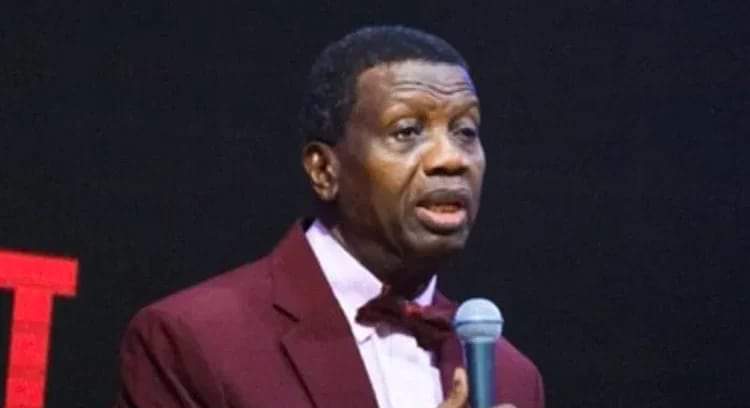 Religion
Religion  Sports
Sports 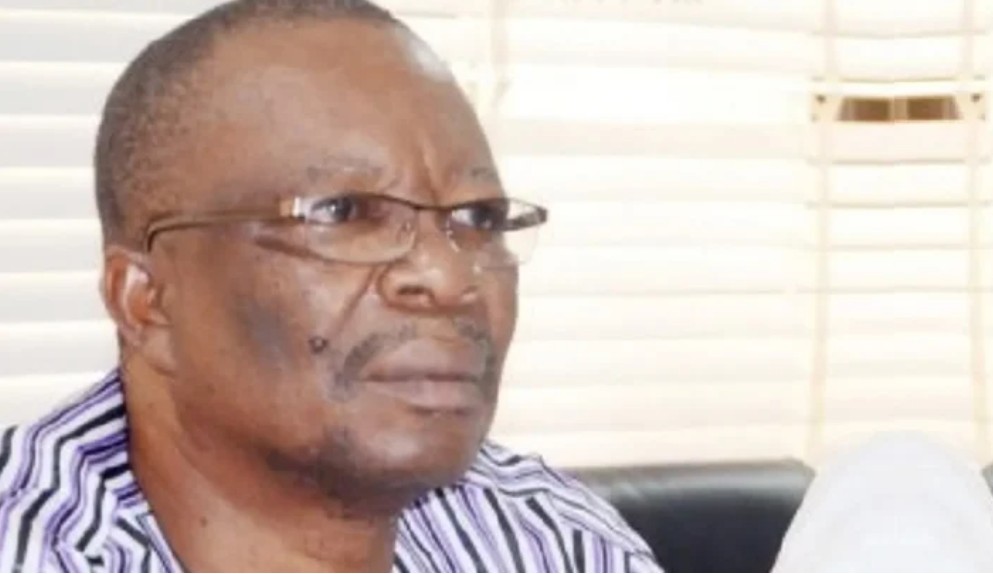 Education
Education  Opinion
Opinion Crime & Security
Crime & Security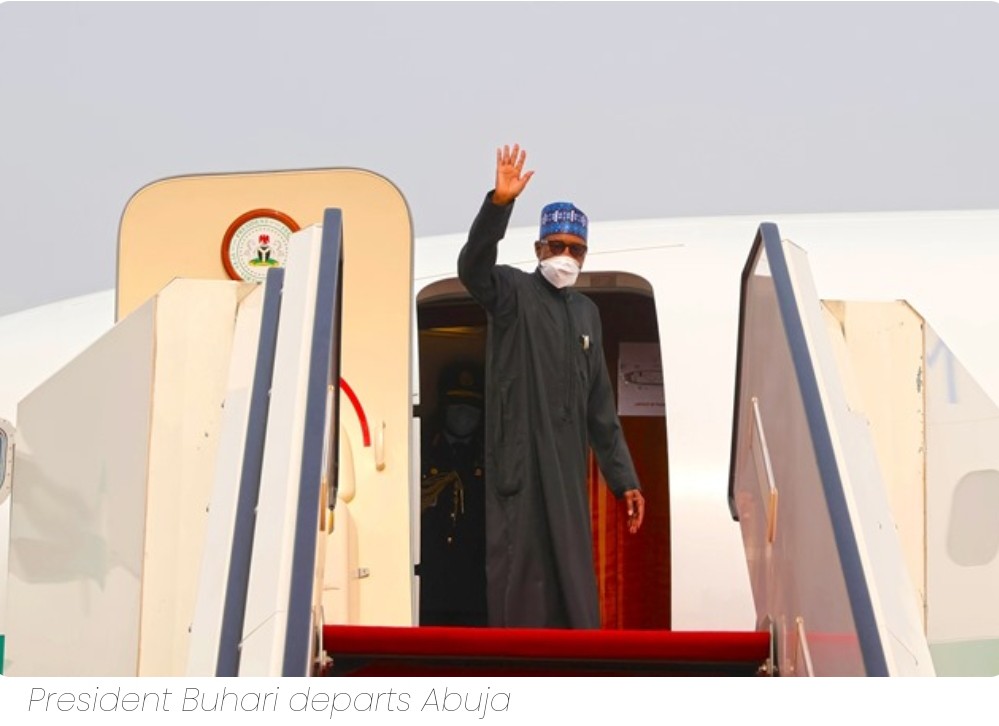 Culture & Tourism
Culture & Tourism.jpeg) Interviews
Interviews Health
Health Business & Economy
Business & Economy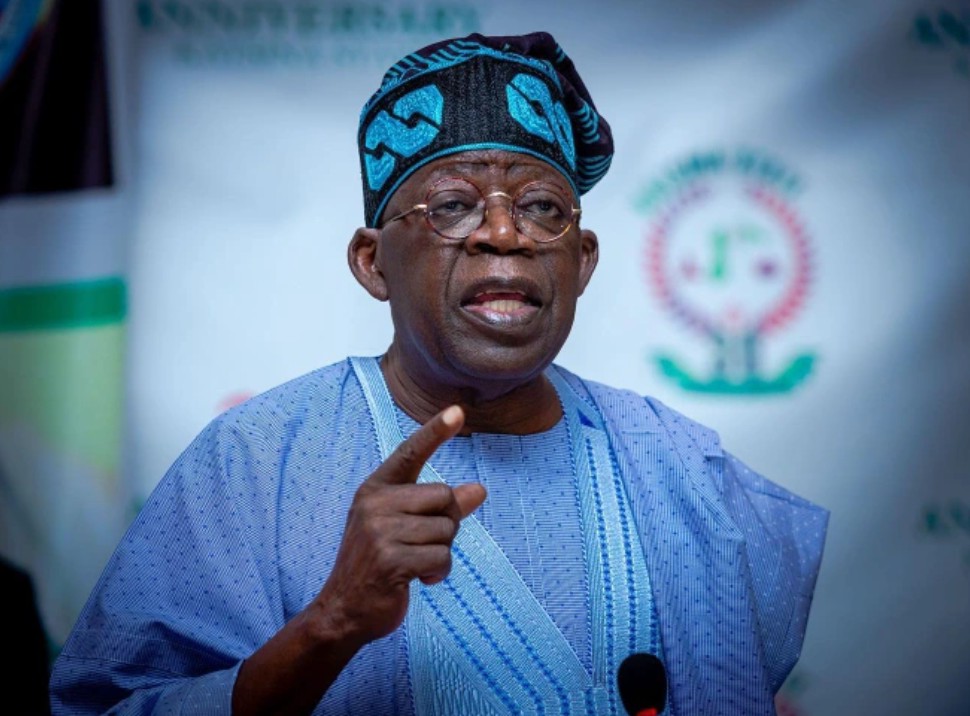 Politics
Politics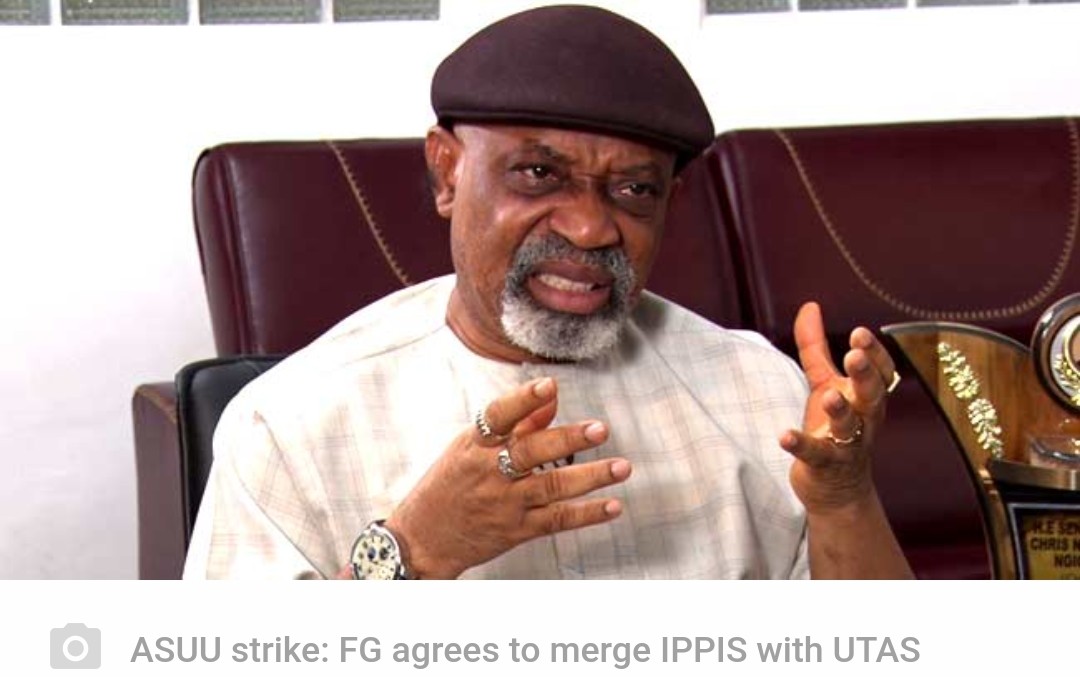 News
News Entertainment
Entertainment